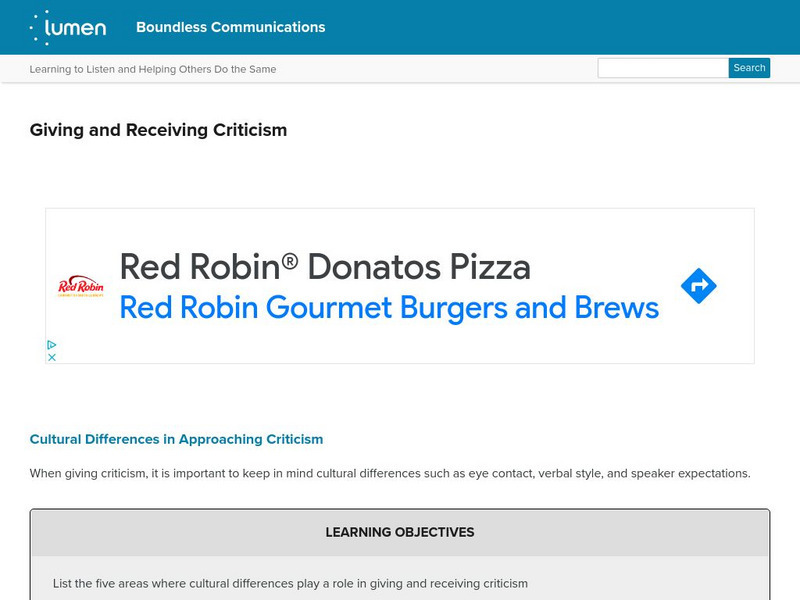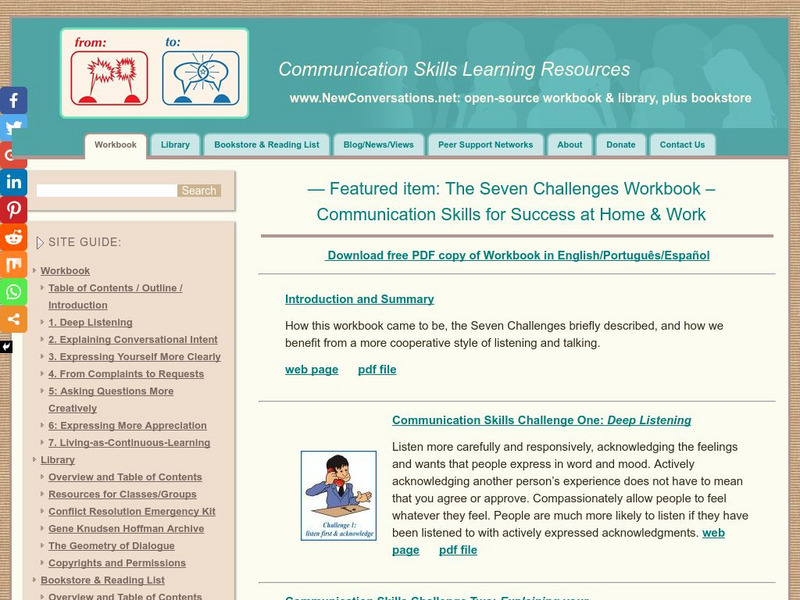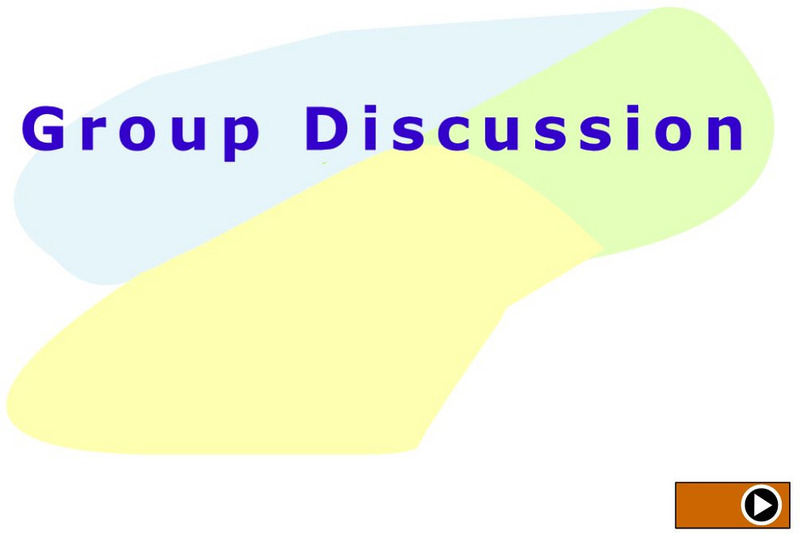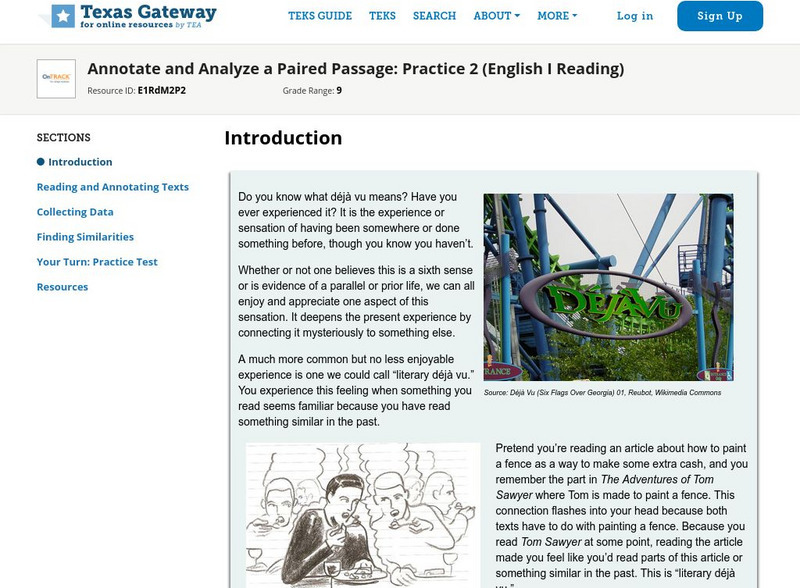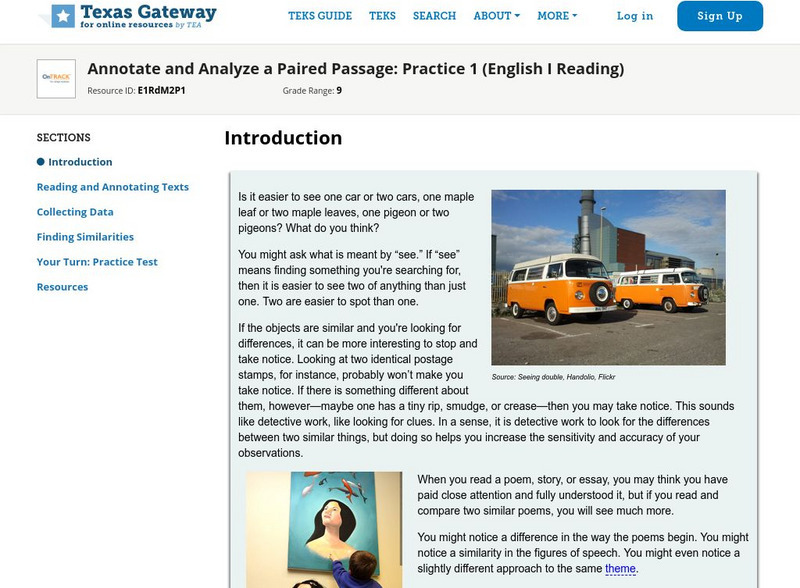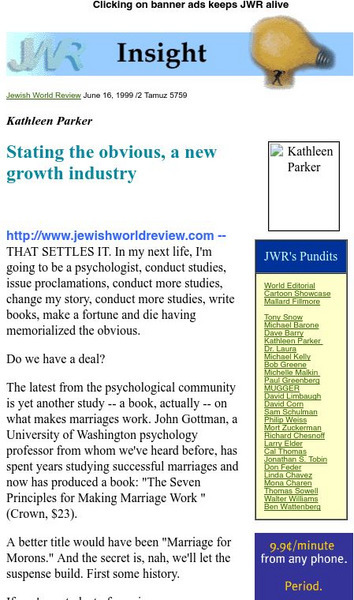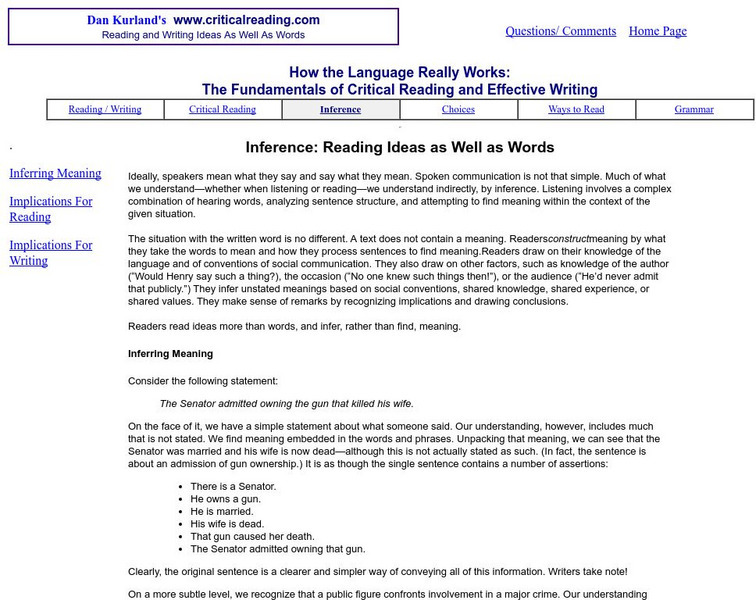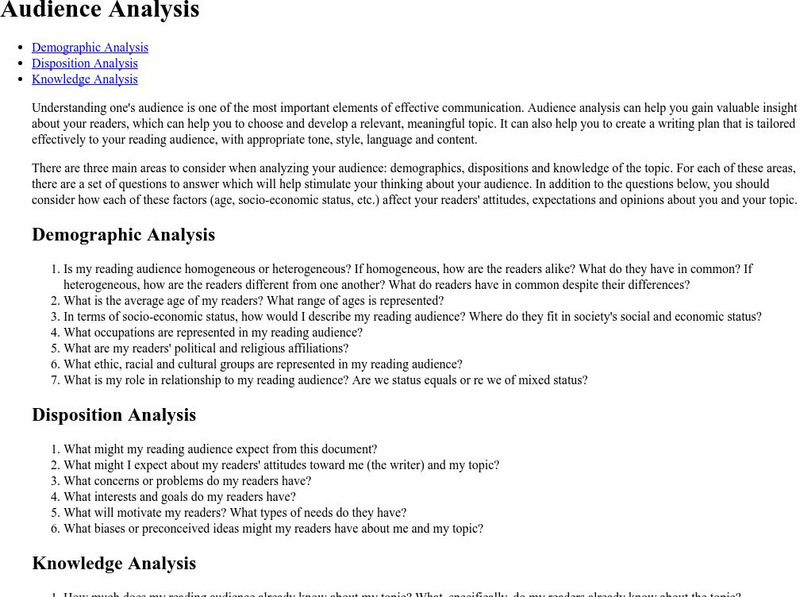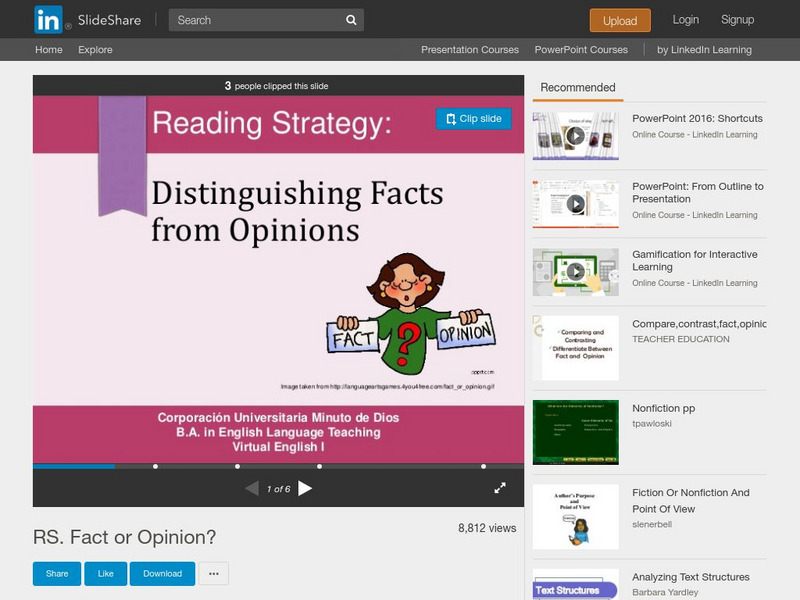Hi, what do you want to do?
Lumen Learning
Lumen: Boundless Communications: Conclusion
This lesson focuses on writing the conclusion of your speech including the role of the conclusion, summarizing ideas, signaling the end, and managing Q&A.
Lumen Learning
Lumen: Boundless Communications: Understanding Language
This lesson plan focuses on understanding the language, both verbal and non-verbal, of your speech. It discusses the importance of language, word choice, purpose and audience, ways of thinking about language, venue and occasion, and...
University of Colorado
University of Colorado: The Resolution of Conflict Book Summary
This site contains a book review of Morton Deutsch's book, "The Resolution of Conflict." The summary is mainly about conflict and how to determine if the outcome will be productive or destructive. The second half of the summary applies...
Other
Self growth.com: Questioning Skills for Salespeople
The article deals with the difference between open-ended and closed questioning skills. Good questioning techniques can improve business.
Lumen Learning
Lumen: Rhetorical Appeals: Kairos and Logos
This lesson focuses on the 4th logical appeal called Kairos, a time when conditions are right for the accomplishment of a crucial action; the opportune and decisive moment.
Lumen Learning
Lumen: Writing Skills: Formula for Refutation and Rebuttal
This lesson focuses on the formula for refuting and rebutting counterarguments including accurately representing opposing viewpoints, using a respectful, non-incendiary tone, using reliable information, using qualifying words to aid...
Lumen Learning
Lumen: Critical Reading: Logic and Structure
This lesson focuses on structure and logic including types and purposes of essays, organizational patterns, argumentative writing, and logic and fallacies.
Lumen Learning
Lumen: Boundless Communications: Giving and Receiving Criticism
This site provides three links on the topic of giving and receiving criticism. They are as follows: Cultural differences in approaching criticism; Be positive, specific, objective, and constructive; and techniques for accepting...
Other
New Converstations: Seven Challenges Workbook: Communication Skills for Success
Extensive online tutorial from Cooperative Communication Skills on interpersonal communication, covering listening, conversational intent, expressing yourself clearly, asking questions, expressing appreciation, and incorporating better...
Wisc-Online
Wisc Online: Group Discussion
We will all encounter situations where we need to work with a group of people, whether in class, business, or socially. This slideshow reviews the different types of groups and the roles each person plays in group discussions....
Lumen Learning
Lumen: Critical Reading: Supporting Claims
This lesson focuses on supporting claims including the distinction between main ideas and supporting details, relationship between purpose and supporting details, sufficient and related support, and support and elaboration. W.9-10.1a...
Texas Education Agency
Texas Gateway: Annotate and Analyze a Paired Passage: Practice 2
[Accessible by TX Educators. Free Registration/Login Required] In this lesson, you will read and annotate a pair of texts to make inferences, draw conclusions, and synthesize ideas and details using textual evidence.
Texas Education Agency
Texas Gateway: Annotate and Analyze a Paired Passage: Practice 1
In this lesson, you will read and annotate a pair of texts to make inferences, draw conclusions, and synthesize ideas and details using textual evidence. You are going to look at two texts together to better understand them.
Other
Splendid Speaking
Podcasts for advanced English Language Learners who can listen to non-Native speakers having conversations and carrying out short tasks. Examples include Working Together to Reach Agreement, Responding to Questions, and Taking Part in...
Khan Academy
Khan Academy: Types of Conclusions
You might find it helpful to categorize the kind of conclusion you're dealing with as you approach passages that contain arguments on the LSAT. Your success in analyzing arguments-passages with a conclusion and supporting evidence-starts...
Khan Academy
Khan Academy: Identify the Role Learn More
Some questions ask you to describe the individual role that a statement is playing in a larger argument. These questions require you to understand the statement in question, but even more important is your understanding of its context...
Other
Jewish World Review: Stating the Obvious
Is empathic listening so obvious as to be moronic? Does it work? Here's a dissenting viewpoint of some of the more popular listening, communication, and interpersonal relationship theories.
Other
Pstcc: Four Principles of Interpersonal Communication
Discusses four inevitable components of interpersonal communication. These principles occur in real interpersonal interaction and are basic to communication.
Other
Multicultural Awareness Respect Activity
A brief article suggesting a "getting to know you" activity. Discusses the different aspects of respect and learning from our differences. SL.9-10.1d Possitive Communication Stratagies
Other
Daniel J. Kurland: Critical Reading: Inference: Reading Ideas as Well as Words
This college instructor offers his insights into critical reading and how to develop skills to interpret as well as comprehend the written word. RL.9-10.1, RL.11-12.1, RI.9-10.1 textual evidence and inference.
University of Washington
University of Washington: Audience Analysis
A discussion of audience analysis that examines demographics, disposition, and level of knowledge.
Other
Work 911: Basic Negotiating Tips
Site provides an excellent article, including an overview to the concept of negotiation, barriers to negotiation, and several useful tips for how to successfully negotiate. SL.9-10.1d Possitive Communication Stratagies
Tom Richey
Slide Share: Facts and Opinions
This slideshow focuses on facts and opinions; it provides definitions, examples, and articles for practice.
ClassFlow
Class Flow: Becoming an Effective Listener
[Free Registration/Login Required] This flipchart focuses on the traits of an effective listener and the identification of popular logical fallacies and propaganda techniques. In addition, there is an Activote at the end to check student...












